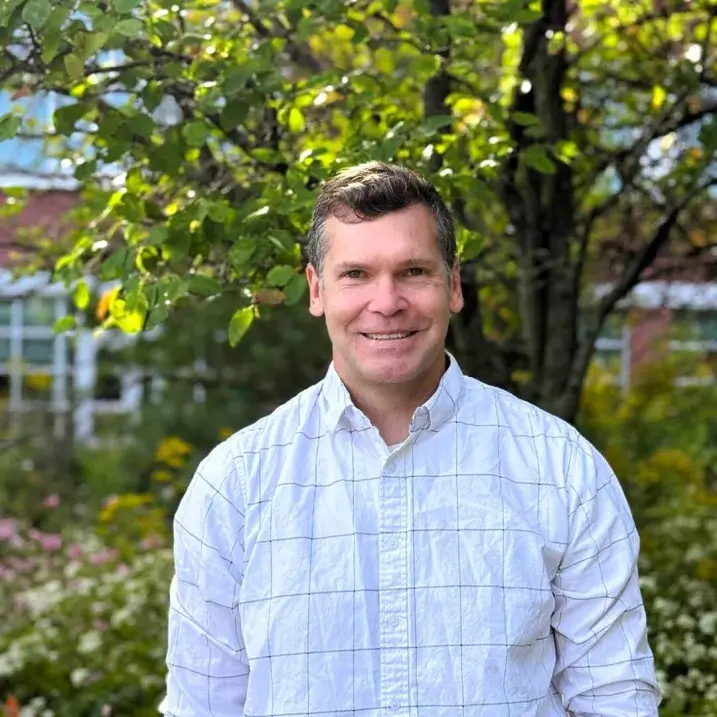81 Carrigan Dr
302C Aiken Center
Burlington, VT 05401
United States
- Ph.D., College of William and Mary, 2012
- M.S., University of Washington, 2005
- B.S., State University of New York-Geneseo, 2000
Areas of expertise
- Fish population modeling
- Food web ecology
- Environmental DNA
- Acoustic telemetry
- Mark-recapture
- Fish ecology
BIO
Mark recently started as the Unit Leader for the USGS Vermont Cooperative Fish and Wildlife Research Unit in the Rubenstein School. Prior to joining the Vermont Cooperative Research Unit, he was the acting unit leader at the California Cooperative Research Unit for six years. He is a quantitative ecologist that uses various modeling approaches to answer applied research questions related to fisheries management.
Research in his lab group primarily focuses on the interactions between fishes and their environment and how our changing climate will affect species distributions, habitat availability, and population dynamics. Recent projects by graduate students and postdocs in his lab have explored how restoration and environmental conditions affect growth and survival of salmon during their freshwater, estuarine, and ocean life-history stages.
Courses
- Wildlife and Fisheries Biology
Bio
Mark recently started as the Unit Leader for the USGS Vermont Cooperative Fish and Wildlife Research Unit in the Rubenstein School. Prior to joining the Vermont Cooperative Research Unit, he was the acting unit leader at the California Cooperative Research Unit for six years. He is a quantitative ecologist that uses various modeling approaches to answer applied research questions related to fisheries management.
Research in his lab group primarily focuses on the interactions between fishes and their environment and how our changing climate will affect species distributions, habitat availability, and population dynamics. Recent projects by graduate students and postdocs in his lab have explored how restoration and environmental conditions affect growth and survival of salmon during their freshwater, estuarine, and ocean life-history stages.
Courses
- Wildlife and Fisheries Biology
